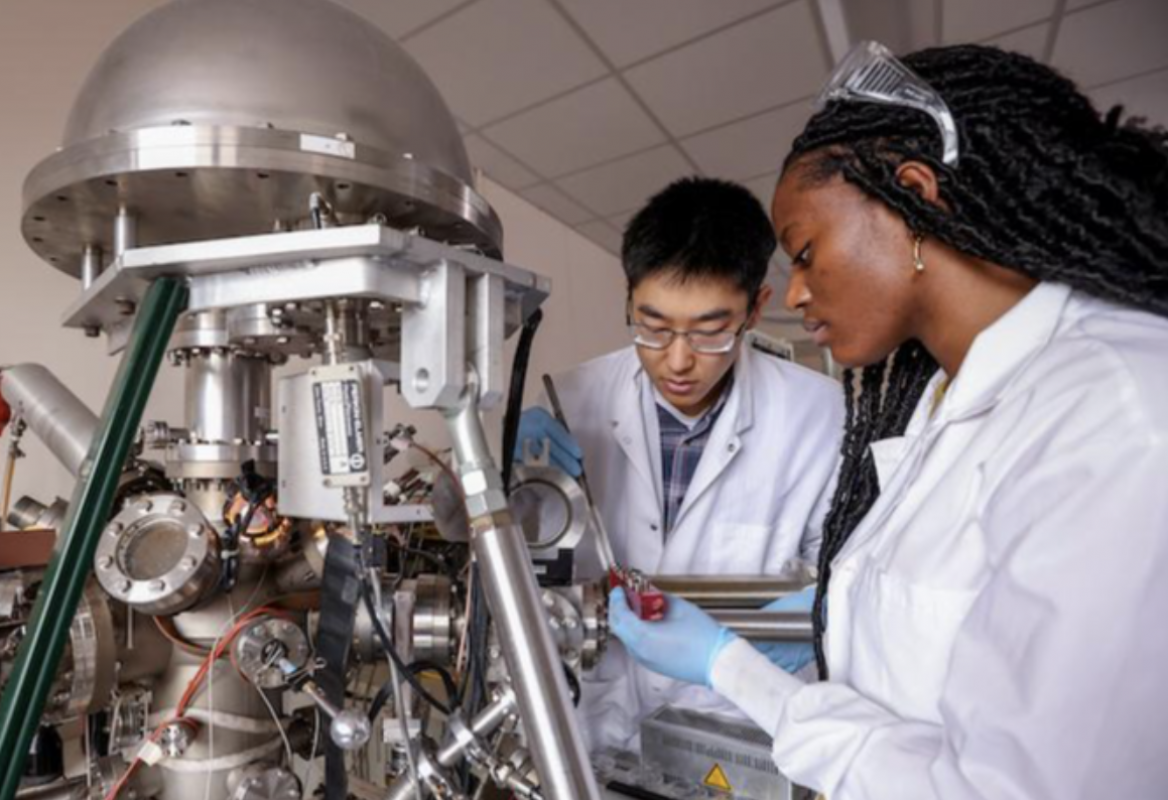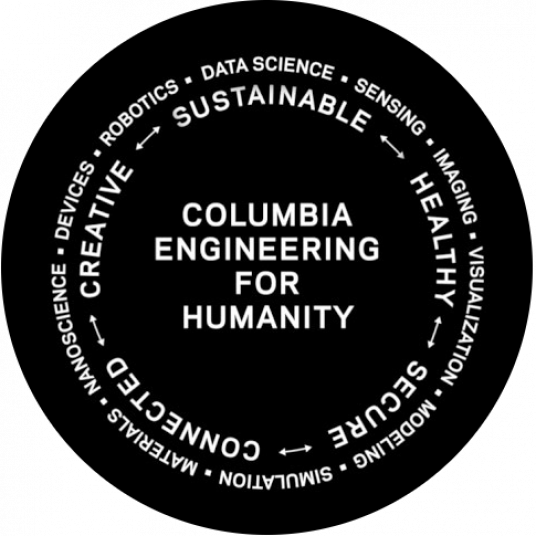From New York’s first subway and FM radio to DNA sequencing platforms, sophisticated climate modeling and advanced bioreactors, Columbia Engineering innovations have revolutionized industries and advanced society.
Today, Columbia Engineering continues to bring our engineering impact to the service of humanity, and we are dedicated to the pursuit of a greater vision of engineering that captures our unique commitment to research and learning to find solutions to global challenges. Columbia engineers are a force for the future, connecting disciplines and departments across the entire school to create a more sustainable, healthy, secure, connected and creative world.


